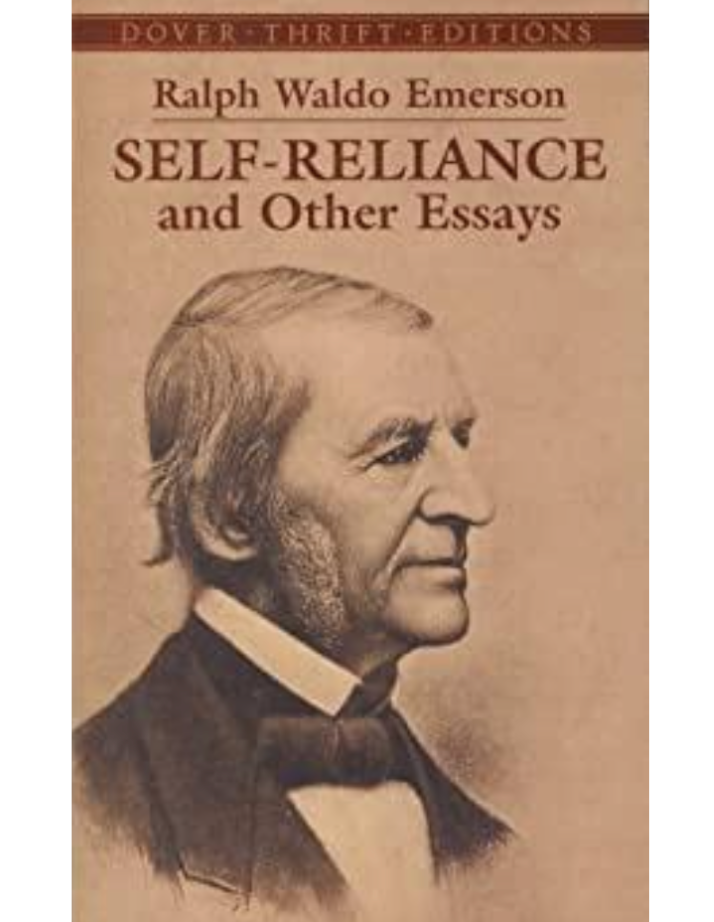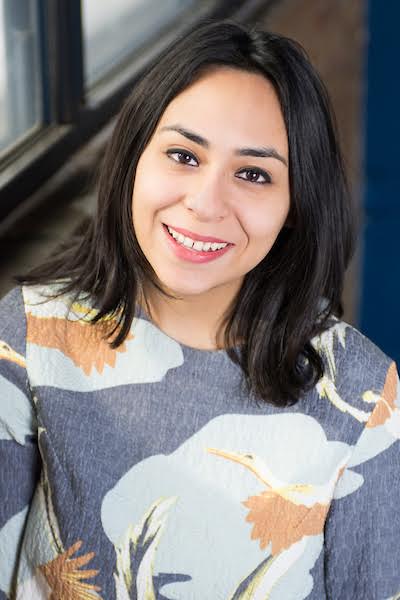Authenticity. Individuality. Following your own path. Loving yourself in all your originality. Over the years, I have returned to these themes and continue to find power in them. I find power not only in the vast potential and encouragement this series of values can have on a personal level but also on a communal level. The literature that first catapulted me on my path of nurturing the unique insights of individuals was when I was introduced to Transcendentalism, a philosophical movement born in the 1820s in New England. This, among other things, encouraged my passion for the individual’s unique capacity.
The other day, I rediscovered my high school copy of Self-Reliance and Other Essays by Ralph Waldo Emerson. I remember being inspired by this academic unit that my superb American Studies teachers cultivated. I also found myself trying to remember what exactly moved me. So I began reading my way through Emerson again. Along the way, I discovered what really spoke to me. It became clear that these writings and concepts continue to influence my leadership in creating Jewish education spaces.
At Ammud: The Jews of Color Torah Academy, we create Jewish learning spaces that incubate Jewish wisdom. We do this by elevating and centering the varying insights of Jews of Color and honoring ourselves as individuals. In Self-Reliance, Emerson writes, “Your own gift you can present every moment with the cumulative force of a whole life’s cultivation.” This idea captures the beauty of how elevating the experiences of an individual as it influences their original ideas can be a cornerstone of wisdom creation. It also rings true as it pertains to Jewish wisdom and interpretations of Torah.
Ammud exists because Jews of Color deserve support to study the depths of Torah, become Hebrew experts, and fulfill their Jewish educational dreams. When we create learning environments where one’s genuine interests, individuality, lived experiences, and original ideas are encouraged as a value-add and revered as an asset in generating new wisdom; the treasure trove of unique insights that can benefit communities wide and far becomes extraordinarily expansive.
It’s so beautifully Jewish to celebrate and acknowledge various interpretations of Torah. As Midrash Bamidbar Rabbah 13:16 names, there are seventy faces of Torah, meaning many unique ways to interpret Torah in our tradition. This is where Emerson and Torah interpretations find each other in conversation. Emerson argues the importance of encouraging an individual to think for themselves, trust the integrity of their mind, and find purpose in sharing unique ideas. If we can create Jewish learning spaces that offer an environment for individuals to feel comfortable doing just that, we further live into the fullness of the 70 faces of Torah. And the whole world can benefit when there’s new Torah wisdom in learning spaces that empower people to bring their entire selves in all their authenticity and individuality.
Alexandra is rooted in her Jewish, Ashkenazi, Peruvian, and Quechua heritages. She has a Bachelor’s degree in Women’s and Gender Studies and African Black Diaspora Studies from DePaul University. She has a Master’s in Education from Harvard University, where she received the selective Urban Scholars Award. Alexandra has a certificate in Restorative Justice at the Intersections of Indigeneity, Spirituality, and Race from the Harvard Divinity School. Alexandra has served in roles as a teacher, community organizer, leadership coach, Jewish education director, diversity, equity and inclusion consultant, adjunct instructor at rabbinical school, board member of Jewish nonprofits, curriculum designer, and adult education specialist. She is the proud Executive Director of Ammud: The Jews of Color Torah Academy.


